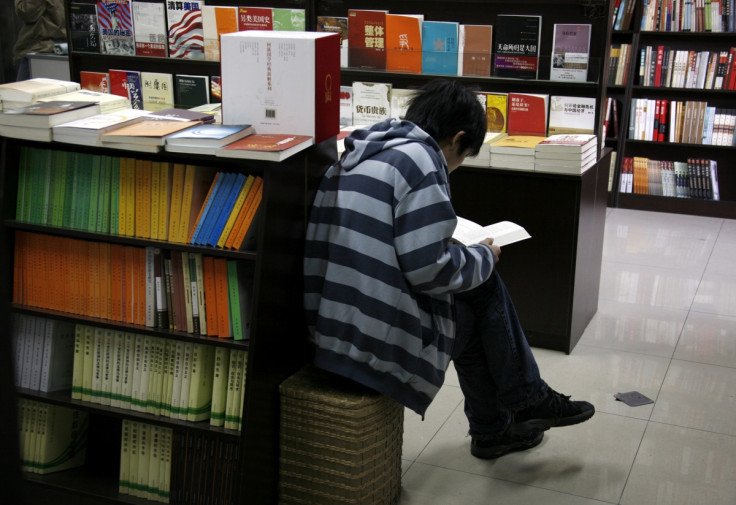Singapore lifts ban on 240 books and magazines - but not Playboy

Singapore residents can now read 240 books and publications which were formerly blacklisted by the country's censor for content ranging from adult to communism – but adult magazines such as Hustler, Penthouse and Playboy are still a no-no. With the lifting of restrictions, the number of banned books and publications in the country has fallen drastically from 257 to 17.
The ban was lifted after a routine review by the country's Media Development Authority (MDA), a regulatory body, which told The Straits Times that it routinely reviewed prior classification decisions to ensure they kept pace with societal norms. The ban was lifted because the books were already out of print and was under the MDA's latest content standards.
Among the 240 blacklisted titles, one famous book was Fanny Hill, an erotic novel based on the life of a girl who moves to London and falls into prostitution. The novel was written by John Cleland and published in 1748.
"For the 17 publications which are still prohibited, the decision to retain the prohibition was based on the fact that the contents of these publications remain contrary to public interest," an MDA spokesman told Agence France-Presse.
The 17 titles still banned include publications of the Jehovah's Witness church, banned in 1972 as its members had declined to undergo military service which was deemed compulsory for men above the age of 18 in Singapore. The rest of the banned titles carry adult content, such as the magazines Penthouse, Playboy, Playgirl, Hustler, Mayfair, Men Only, Knave and Swank.
The lifting of the ban "is more of a housecleaning exercise than a policy shift or significant liberalisation. Many of the titles are no longer in print, or no longer in demand," said Mark Cenite, a media law expert at Singapore's Nanyang Technological University.
"High-speed internet access is everywhere in Singapore, and the authorities exercise a light hand in regulation of online content, blocking only a symbolic list of 100 sites. So this list of publications was also mostly a symbolic ban, and a historical artefact."
In 2004, the country's censor allowed US women's magazine Cosmopolitan in Singapore after a 22-year ban, with a stern warning about carrying nudity and sexual content.
© Copyright IBTimes 2025. All rights reserved.





















